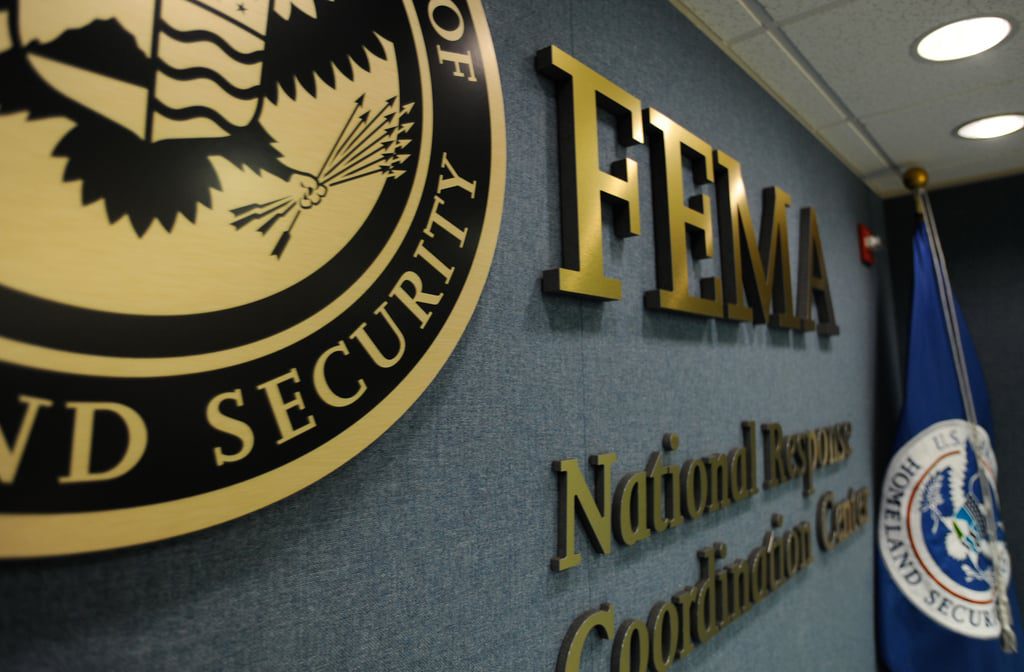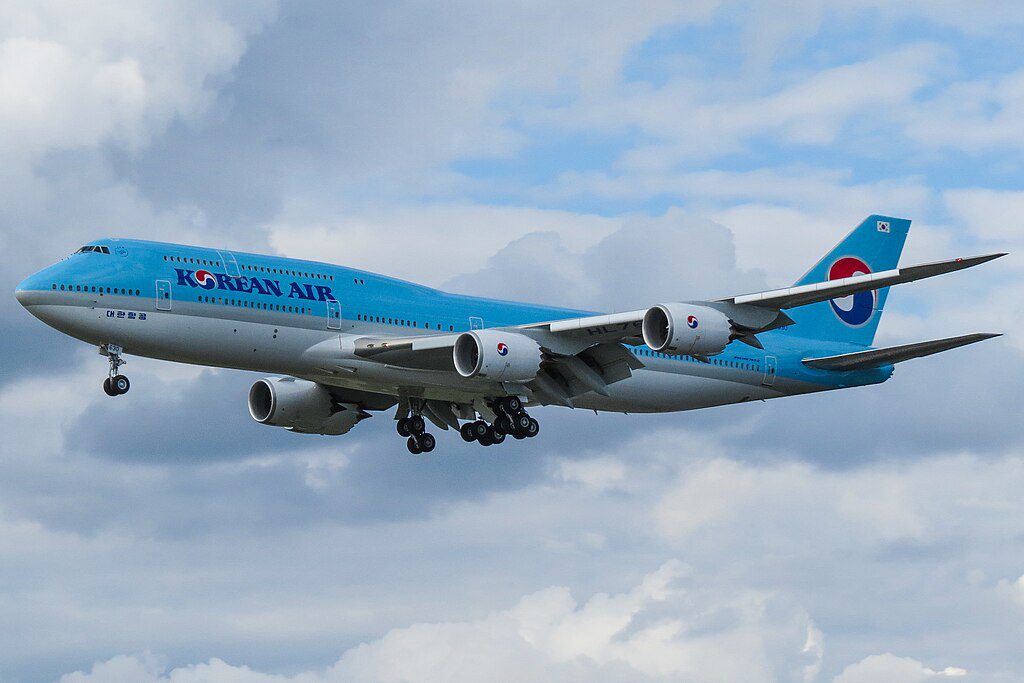A Hudson County resident with measles traveled on NJ Transit while contagious, health officials warned last week. The infected person rode several train lines between August 13-15, potentially exposing passengers to the highly contagious virus.
The resident caught measles after direct contact with someone from outside New Jersey who had the disease. This case brings New Jersey’s total to seven confirmed measles cases in 2025, equal to last year’s count. Despite this new case, health officials say the state isn’t facing an outbreak, which requires at least three related cases.
Anyone who rode these routes during these times might have been exposed:
- Hudson-Bergen Light Rail (8th Street Bayonne to Hoboken) from 9-11:30 a.m. and 6-9 p.m.
- 8th Street Light Rail Station in Bayonne from 9-11 a.m. and 7-9 p.m.
- PATH Newark to World Trade Center Line from 9:15-11:45 a.m. and 5:45-8:30 p.m.
- Exchange Place Station in Jersey City during those same morning and evening times
What makes this exposure particularly concerning is how measles spreads. The virus hangs in the air for up to two hours after an infected person leaves. This means people who entered these transit areas even after the sick person left could still catch the virus if they aren’t vaccinated.
Health officials warn that exposed passengers could develop symptoms anytime through September 11. Early signs include high fever, cough, runny nose, and watery red eyes. A distinctive rash typically appears 3-5 days after these first symptoms start.
If you think you’ve been exposed or notice these symptoms, don’t rush to the emergency room or doctor’s office. Instead, call your healthcare provider or local health department first. This allows them to prepare and prevent exposing others.
Similar Posts
The situation in New Jersey reflects a national trend. The CDC reports 1,408 measles cases across 43 states so far this year—the highest number since 1992. This surge comes 25 years after measles was declared eliminated in the U.S. in 2000.
Falling vaccination rates appear to be driving this comeback. A recent medical study found that childhood measles vaccination rates dropped after the pandemic in about 80% of U.S. counties studied.
The good news is that the measles vaccine works extremely well. Two doses of the MMR (measles, mumps, rubella) vaccine provide about 97% protection against the disease. Health officials strongly recommend checking your vaccination status, especially before traveling.
While most people recover from measles without problems, the disease can cause serious complications. Some patients develop pneumonia or brain swelling. In rare cases, measles can be fatal, with children and people with weakened immune systems at highest risk.
Health department officials are tracking down people who may have been exposed and monitoring for additional cases. As of August 22, no new cases linked to this exposure had been found.



















